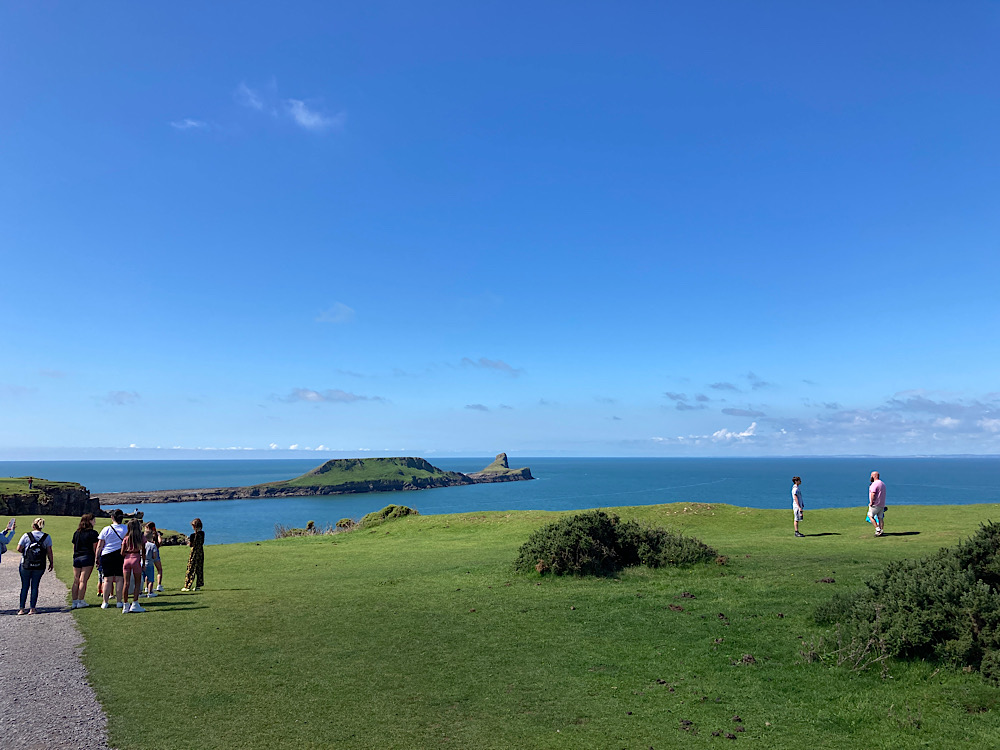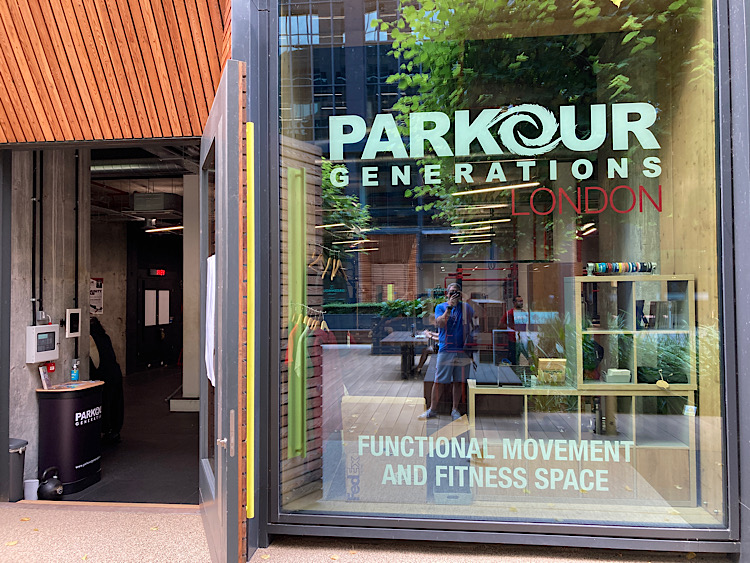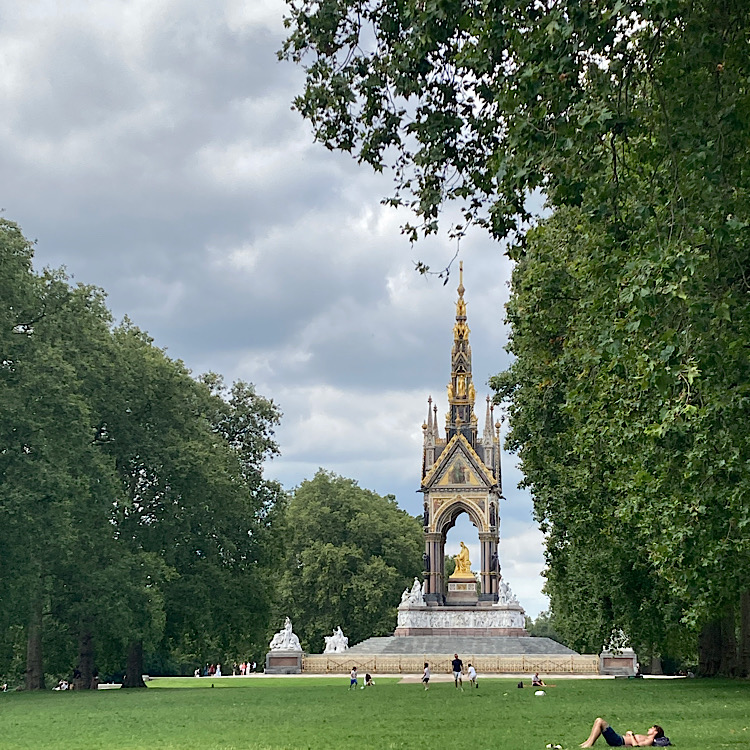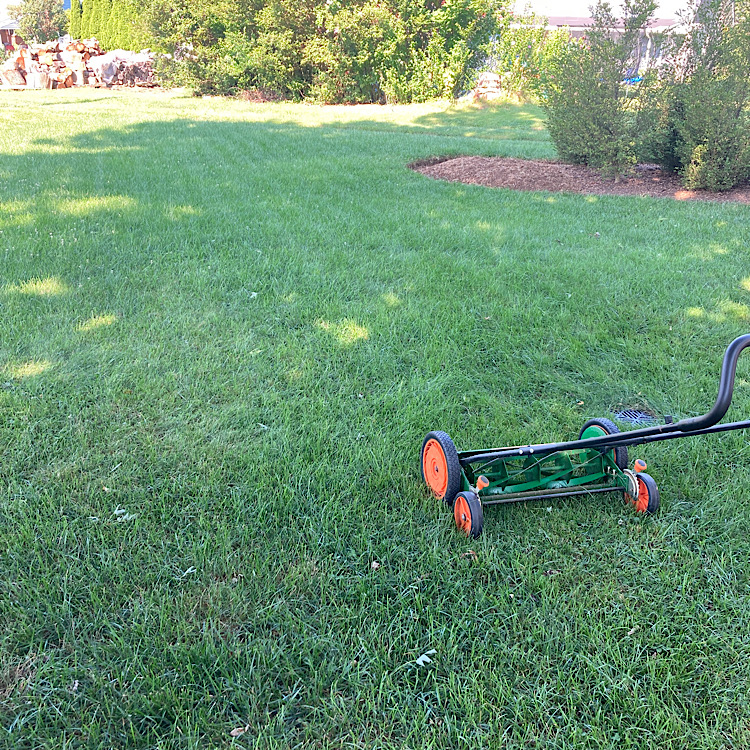The sensations of physiological sleep-pressure are deeply unsettling. To begin to lose the ability to control one’s body… To begin to lose consciousness… To begin to lose stretches of time…
Lately I’ve been trying to pay attention to the tiniest hints of sleep pressure. The other evening I had a thing to do… and I was struggling. I wanted to do the thing, but I was unable to do it. As soon as I realized I was struggling with sleep pressure I was off to nap knowing sleep pressure is not a thing I can avoid, only post-pone. Better to sleep now then to continue wasting my time struggling.
The idea that getting adequate sleep is a crucial ingredient for good health – as crucial as good nourishment – is one that many societies have been slow to embrace. The pressures and pace of modern lifestyles certainly don’t encourage healthy sleep practices, whether it’s from the pressures of work or the ubiquitous increase of anxiety-induced insomnia.
~ Van Savage and Geoffrey West from, A quantitative theory unlocks the mysteries of why we sleep | Aeon Essays
slip:4uaeea25.
Yikes. I think I’ve gotten anxiety-induced insomnia just reading that. So on the off-chance you’ve not yet realized that sleep is—literally, without exaggeration—the most important thing in your life, I’ll just say: Sleep you should, and perchance to dream.
ɕ






